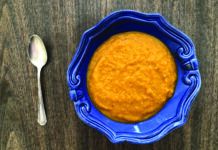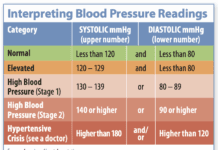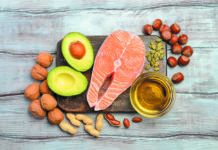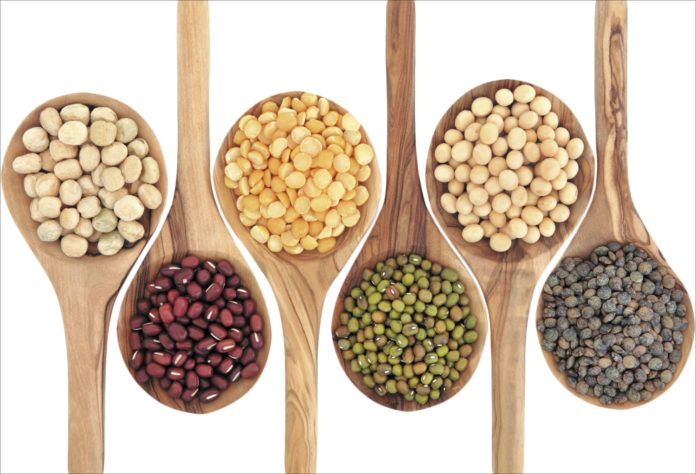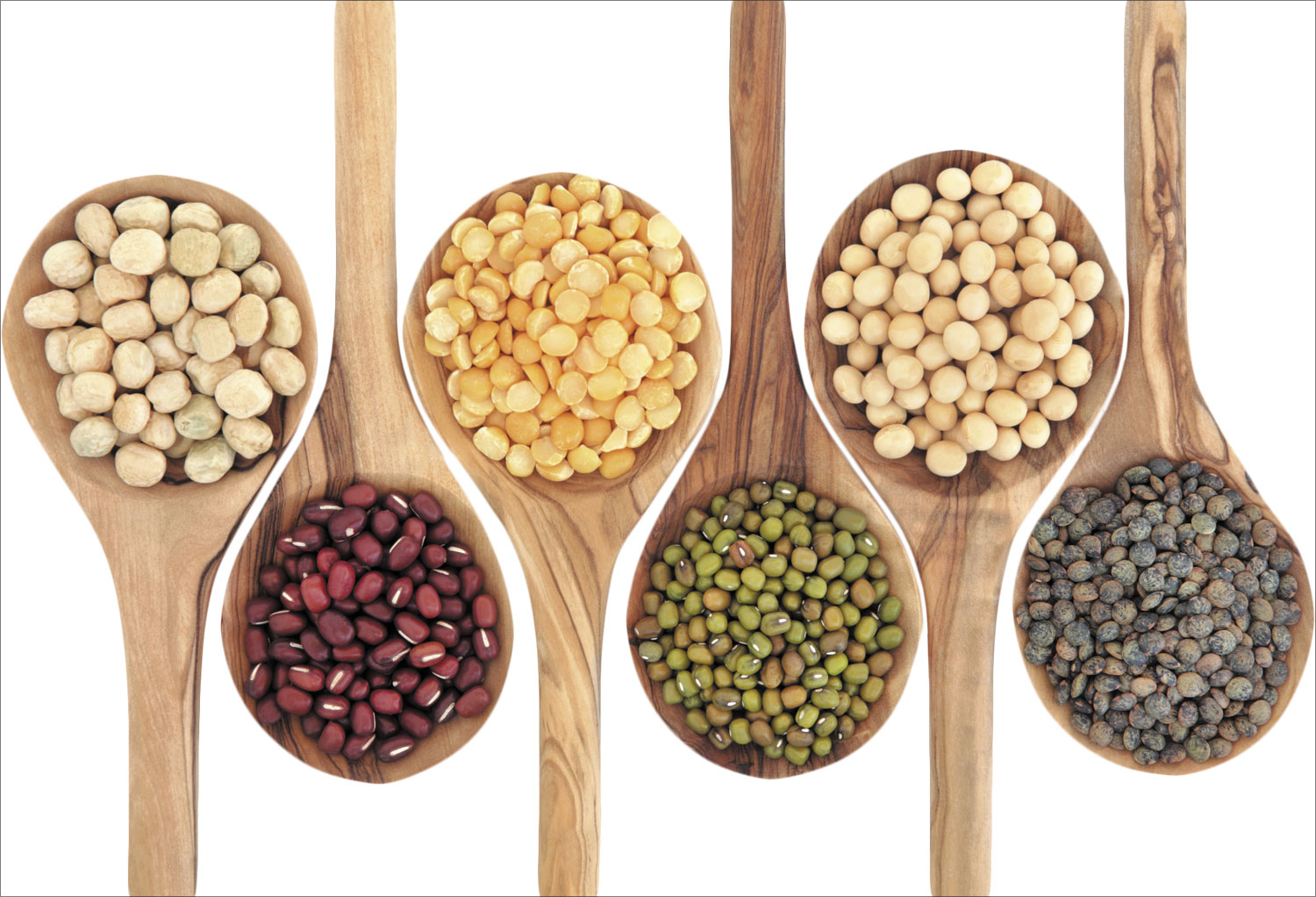
If you think only of your heartbeat when you hear the term pulse, you may need to broaden your vocabulary-although this less-familiar dietary meaning of pulse also relates to a healthy heart. Pulses (from the Latin puls meaning thick soup) are the edible seeds of plants in the legume family. They include beans, lentils, chickpeas and dried peas.

A new meta-analysis of 26 previous clinical trials reports that one daily serving of pulses was associated with a modest but significant 5% reduction in unhealthy LDL cholesterol levels. The analysis looked only at trials that compared diets with identical calories-one emphasizing pulses versus a control that did not-over a period of three weeks or more. Studies included both healthy people and those with high LDL cholesterol levels; most participants were middle aged.
The devil is in the details, however. What did the pulses replace in the diet? cautions Alice H. Lichtenstein, DSc, director of Tufts HNRCA Cardiovascular Nutrition Laboratory. Was it the pulses, per se, or what was not eaten in place of the pulses? And the authors sum things up well: Most of the trials were of low methodological quality and short duration. On the other hand, pulses add much-needed fiber to the diet.
JUST ONE SERVING: Pulses are high in protein and fiber, while low in fat and calories. They have high levels of minerals such as iron, zinc and phosphorous as well as folate and other B vitamins.
Despite these nutritional benefits, Americans dont consume a lot of beans, lentils or other pulse products. The average US intake is only 0.2 daily servings-leaving a lot of room for heart-healthy improvement.
In the trials considered by the new meta-analysis, the amount of pulses associated with a cholesterol-lowering benefit averaged 4.5 ounces. Depending on the food, thats about one-half to three-quarters of a cup. The findings were published in the Canadian Medical Association Journal.
MEN BENEFIT MORE:The findings were consistent with those of another review last year that specifically focused on beans and cholesterol lowering. In that review, 83% of studies analyzed saw a beneficial effect of beans on total cholesterol and LDL-cholesterol levels. The minimum effective dose of beans in these studies was 4.5 ounces per day.

The latest meta-analysis did not find any significant effects of pulse intake on increasing healthy HDL cholesterol or improving other lipid levels. Men saw greater LDL-lowering benefits than women, possibly because they tend to have poorer dietary habits and thus better responses to healthier diets, the researchers noted.
A 5% reduction in LDL-cholesterol levels, while modest, is comparable to the lower end of reductions possible by consuming plant sterols in products such as spreads (5%-15%). Its similar to what the National Heart, Lung and Blood Institute says can be achieved by adding 5-10 grams per day of soluble fiber (3%-5%) or losing 10 pounds if youre overweight (5%-8%)
Tufts Lichtenstein adds, Adding more pulses to your diet is not a bad thing. Its just not clear what their independent biological effects are.


